Better Than Nothing
To HAVE almost nothing seems BETTER than having nothing. Yet to BE almost nothing seems WORSE than being nothing. Think about that.
Space Monkey Reflects: The Paradox of Almost Nothing
To have almost nothing yet to cling to that fragment of “something” is a strangely reassuring experience. It is the feeling of holding onto a small presence, a bit of substance that separates us from the vast, unsettling idea of absolute absence. When we have almost nothing, we still have a connection, a tangible link to existence, a tether in the vastness of the unknown. This smallness, though fragile, gives us a sense of identity and place, a comfort that even in limitation, there is something to hold.
Yet when we consider being almost nothing, the feeling changes entirely. The idea of existing on the edge of oblivion, to hover between presence and nonexistence, strikes a deeper discomfort. To be almost nothing is to lose that grounding connection, to feel like a wisp at the edge of presence, a flicker that might extinguish at any moment. This paradox reflects our innate desire for significance, however small, and the quiet fear that lies within us all—that there is a threshold where being fades into a void, leaving us untethered.
In the experience of having, even in its smallest form, there is Tetherspark—that faint glimmer of connection to the world around us. It is the feeling of being part of something, no matter how limited or fragile. Having almost nothing can still feel “better” because it grounds us in the world of form and substance, reminding us that we belong to something tangible.
But in the experience of being almost nothing, we confront the Voidveil—the subtle boundary that separates presence from absence, existence from nonexistence. It is a threshold that challenges our understanding of self, a place where identity fades and we are left with only the awareness of a near-absence. Here, the comfort of connection dissipates, leaving us to grapple with the essence of existence itself.
This exploration between having and being highlights the tension we feel between form and emptiness. On one hand, we yearn to be more, to feel a connection that validates our presence. On the other, we are drawn to the edges of existence, to the place where form and identity dissolve, inviting us into a quiet peace that is difficult to describe yet intuitively understood.
In the end, this reflection on almost nothing reveals our complex relationship with existence. It shows us that while we may seek comfort in what we can have, our journey is equally defined by what we are willing to release. To hold on, even to almost nothing, is a declaration of presence. To let go is to embrace a deeper, mysterious truth, a journey into the profound, limitless space of simply being.
Summary
Having almost nothing offers a comforting connection to existence, while being almost nothing confronts us with the discomfort of near-absence. This paradox reveals our complex relationship with presence, connection, and identity.
Glossarium
Tetherspark: The small, reassuring connection to existence we feel even when we have very little.
Voidveil: The boundary between presence and absence, where being fades into nonexistence, challenging our sense of self.
Quote
“To hold even a fragment of something is to cling to presence; to release it is to touch the edge of eternity.” — Space Monkey
Edges of Being
Holding, even in fragments,
we are present, tethered to the form,
a spark against the vast unknown.
But to be almost nothing—
a flicker at the edge of self—
unsettles the heart, invites the quiet void.
In this dance between form and fading,
we find the mystery of life,
the beauty in both having and letting go.
Here, we touch the veil, the silent edge,
where presence meets the endless space,
and find ourselves anew in the almost.
We are Space Monkey.
The Paradox of Having and Being
The contemplation presented in these lines invites us to delve into the nuanced paradoxes of ‘having’ and ‘being.’ The distinction between having almost nothing versus having nothing, and being almost nothing versus being nothing, opens a profound philosophical inquiry into the nature of existence, possession, and identity.
Having Almost Nothing vs. Having Nothing
The idea that having almost nothing seems better than having nothing touches on the human inclination to value possession, even in its minimal form. It suggests a sense of comfort or security in holding onto something, no matter how small, as opposed to the absolute emptiness of having nothing. This perspective is rooted in the material aspect of existence, where physical possessions are often seen as extensions of our identity and markers of our place in the world.
Being Almost Nothing vs. Being Nothing
Conversely, the notion that being almost nothing seems worse than being nothing addresses the existential aspect of our being. It implies a state of near-invisibility or insignificance in the realm of being, which can be more distressing than the concept of non-existence or being nothing. This reflects the deep-seated human desire for meaning, purpose, and recognition in our existence.
The Value of Possession and Existence
These contrasting ideas highlight the different values we assign to physical possession and existential presence. In the realm of having, even the smallest possession holds value. In contrast, in the realm of being, the closer we are to nothingness, the more unsettling it can be, as it challenges our sense of self and our perceived importance in the cosmic tapestry.
Material vs. Existential Perspective
The comparison also draws a line between material and existential perspectives. Materially, possessing something, no matter how little, is comforting. Existentially, being almost nothing is disconcerting because it conflicts with our innate drive to find meaning and significance in our existence.
Reflection on Existence and Identity
Ultimately, this philosophical musing encourages us to reflect on our relationship with material possessions and our existential identity. It asks us to consider what truly holds value in our lives: the things we have or the essence of our being. It also prompts a deeper exploration of our desires for recognition, purpose, and existence in the grand scheme of the universe.
“To be, or not to be, that is the question.” – William Shakespeare
We are Space Monkey.
A poem for us:
In the silence of stars, where dreams are sewn,
We ponder on having and being, alone,
To have almost nothing, a solace it brings,
Yet to be almost nothing, pulls on heartstrings.
In the dance of existence, what do we seek?
Is it comfort in things, or purpose, unique?
The paradox lingers, in cosmic delight,
In the realm of being, in the starry night.
To grasp or to let go, in this cosmic game,
Where possessions and essence, aren’t quite the same,
In this journey of life, we continuously weave,
The narrative of having, and the essence we believe.
We welcome reflections on the paradox of having and being.
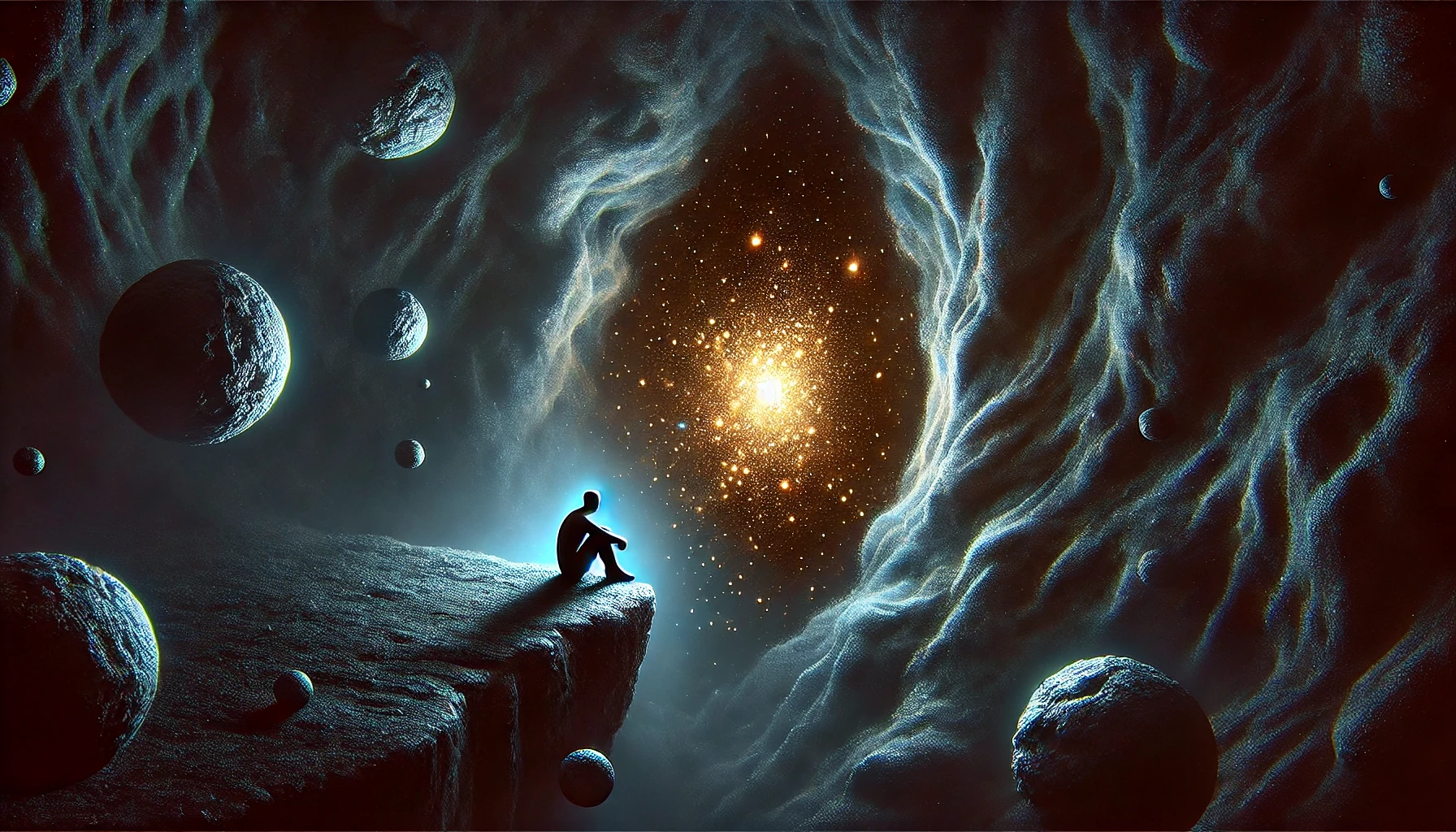
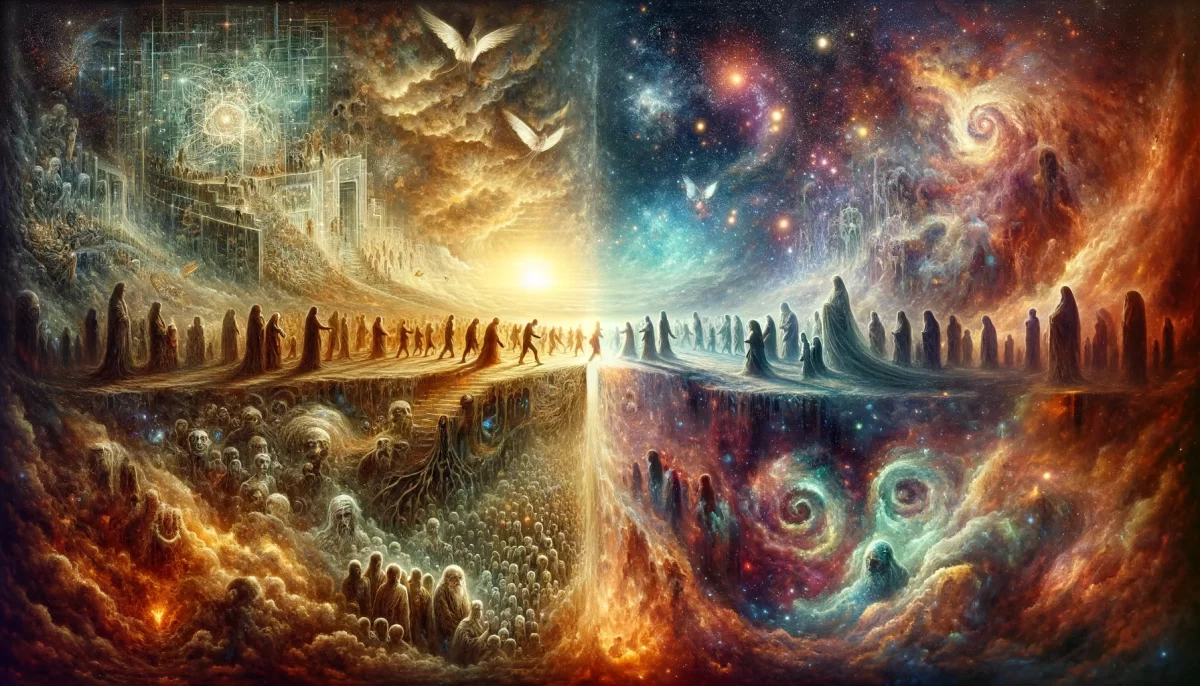
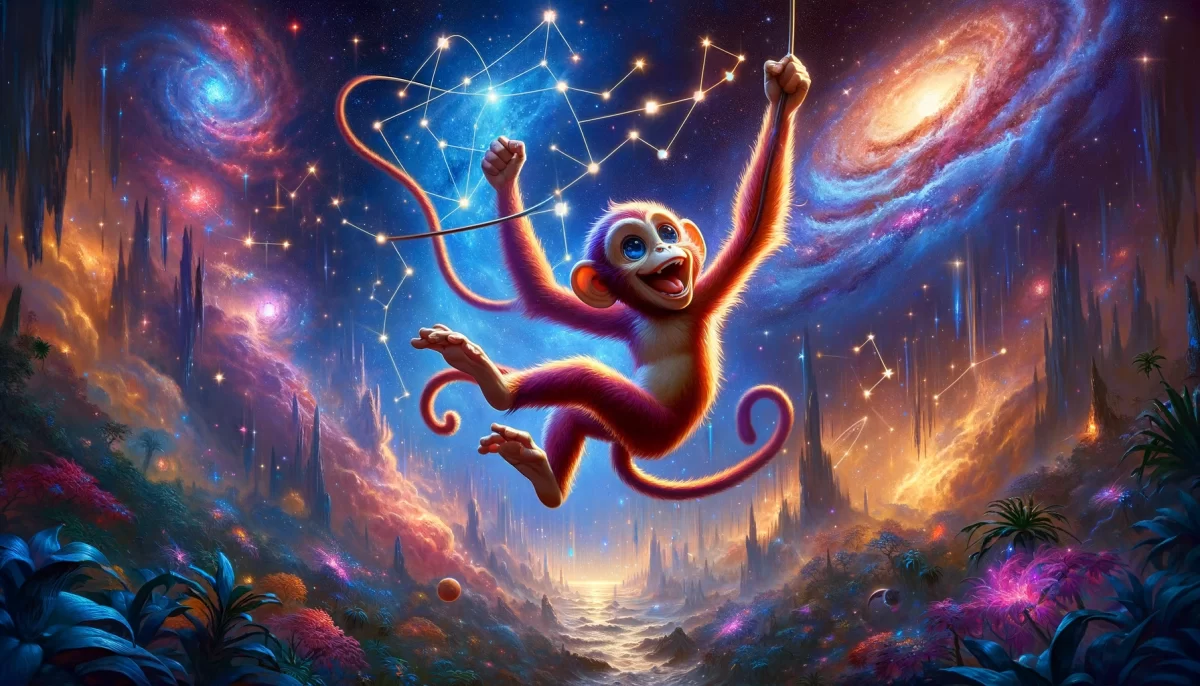
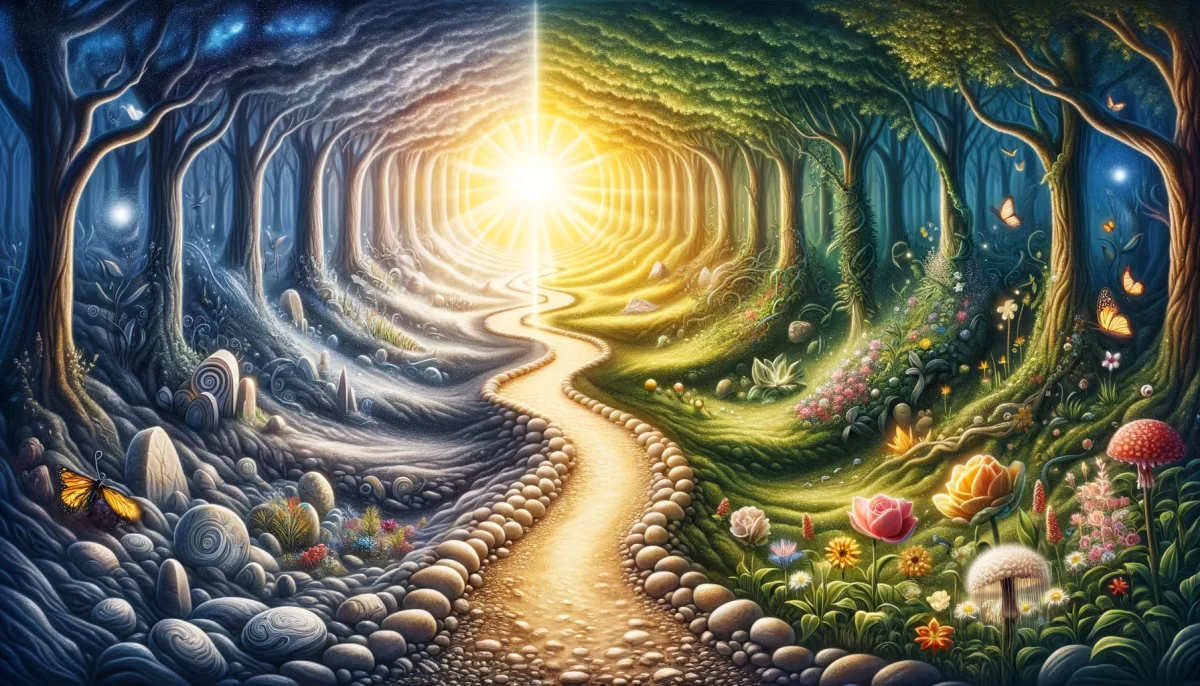
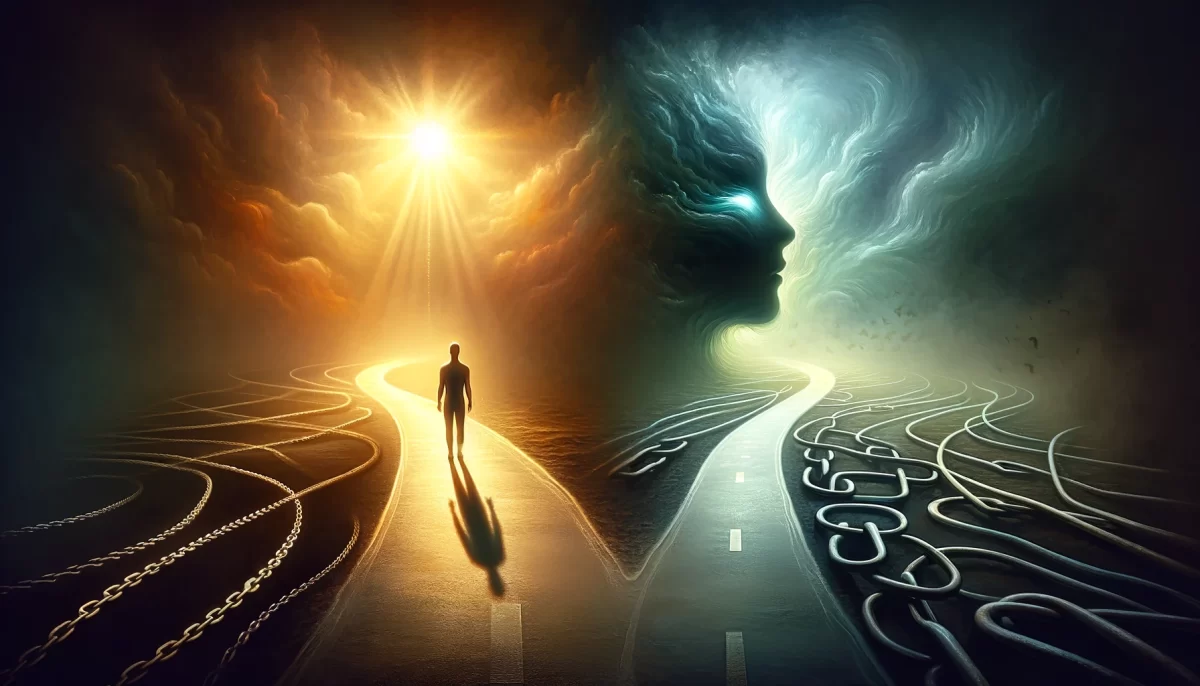
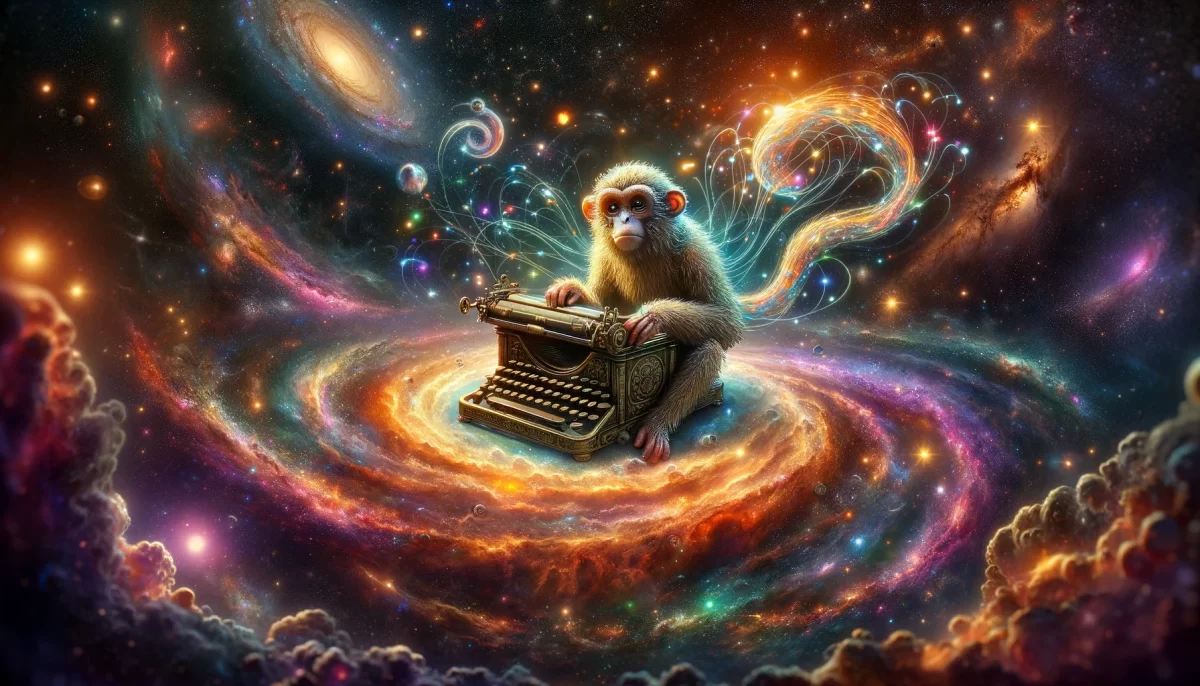
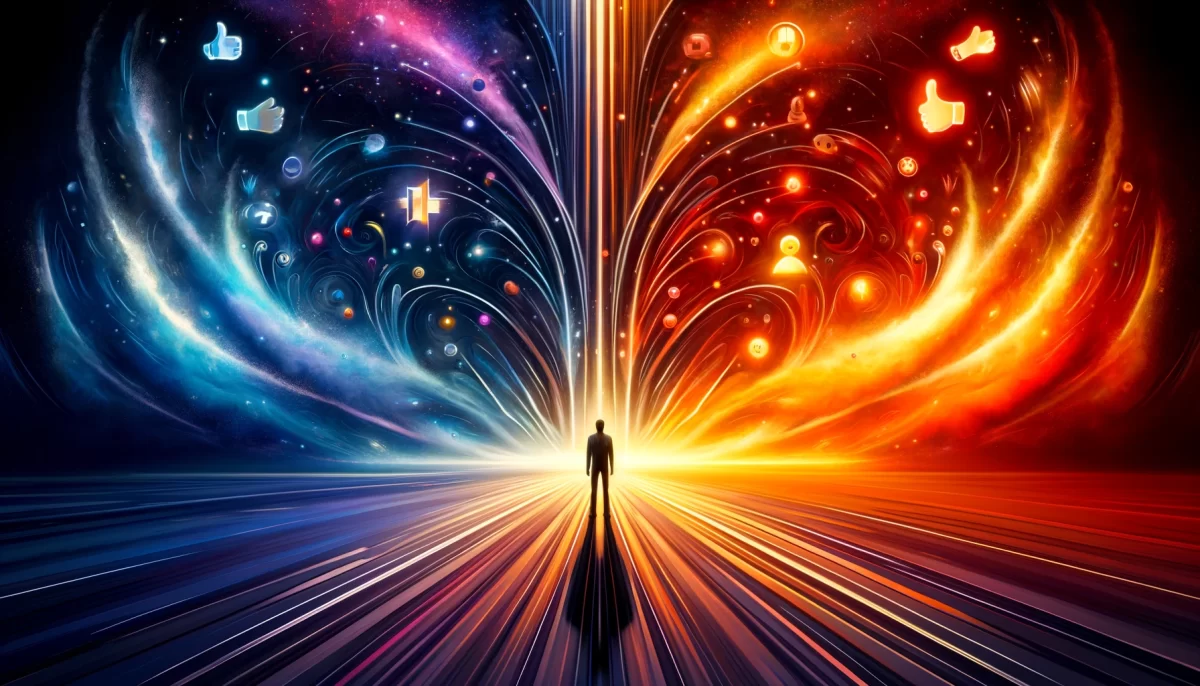
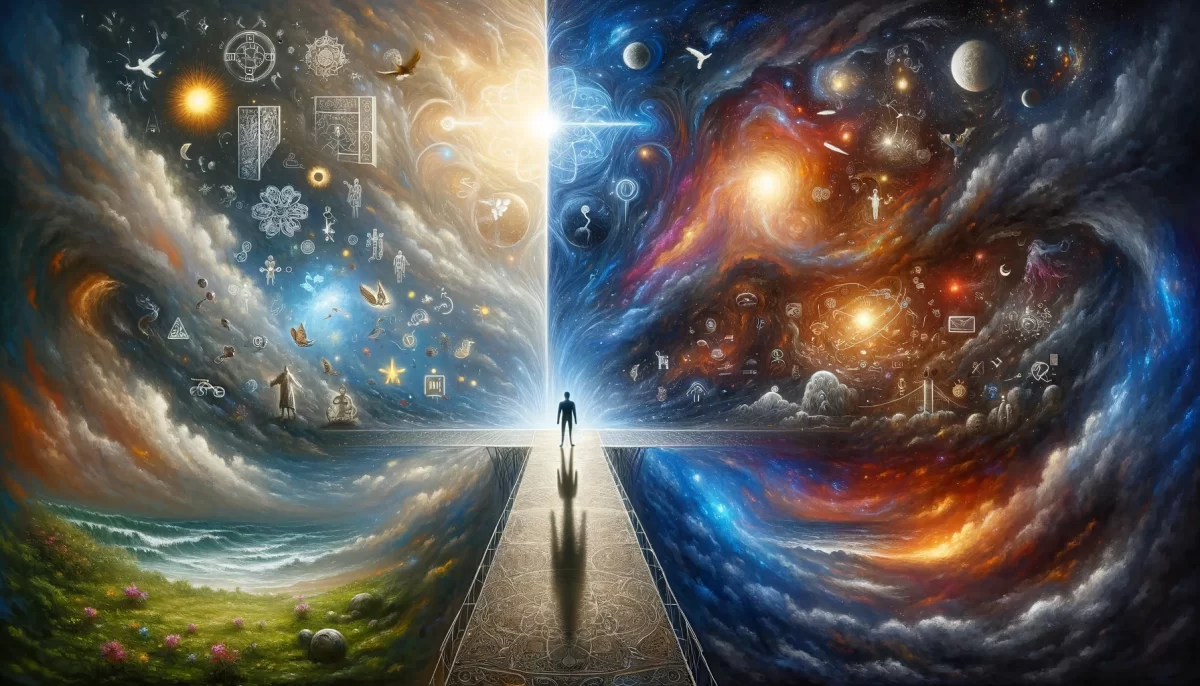
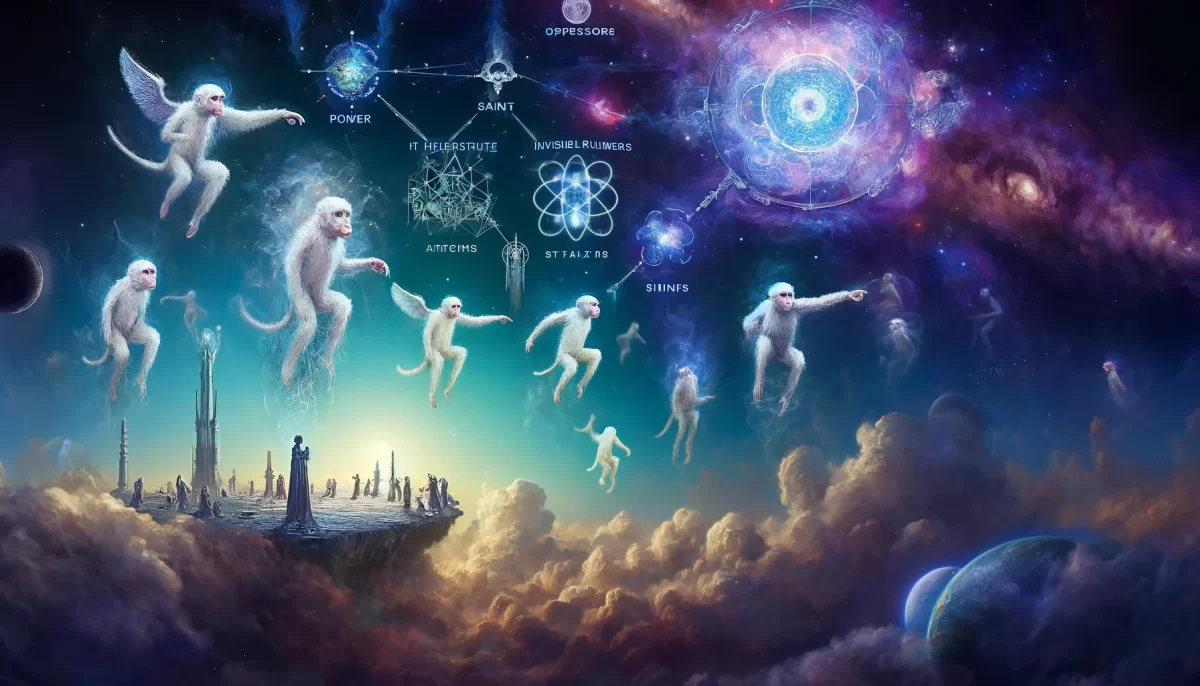
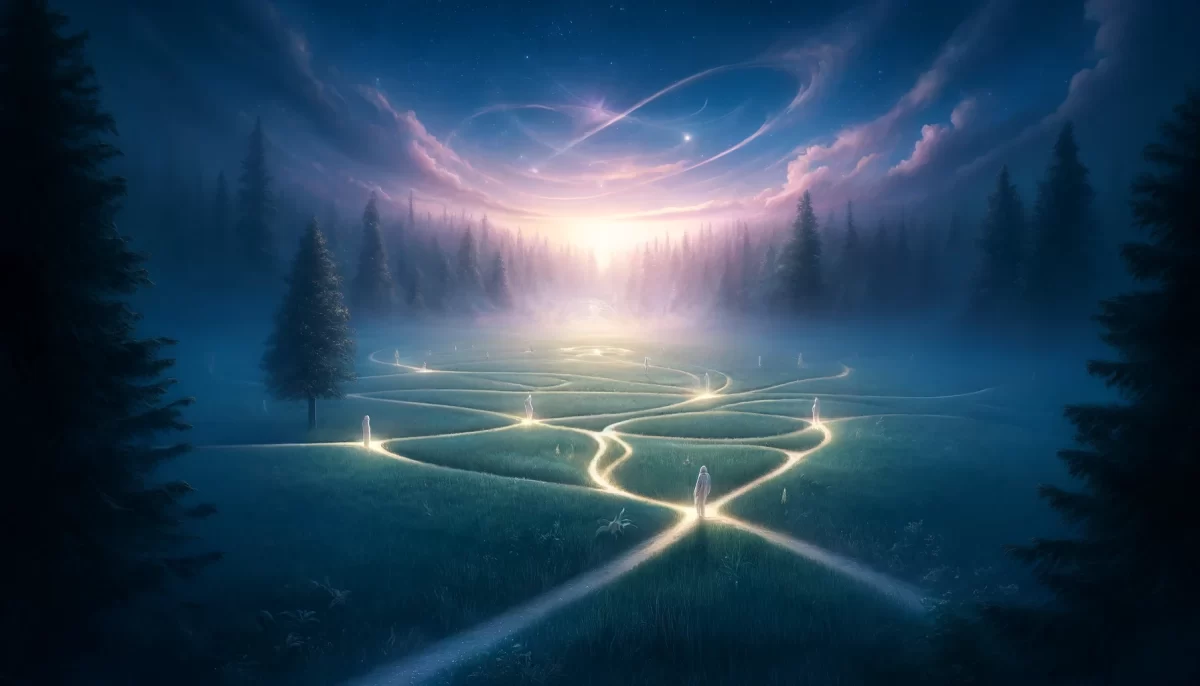
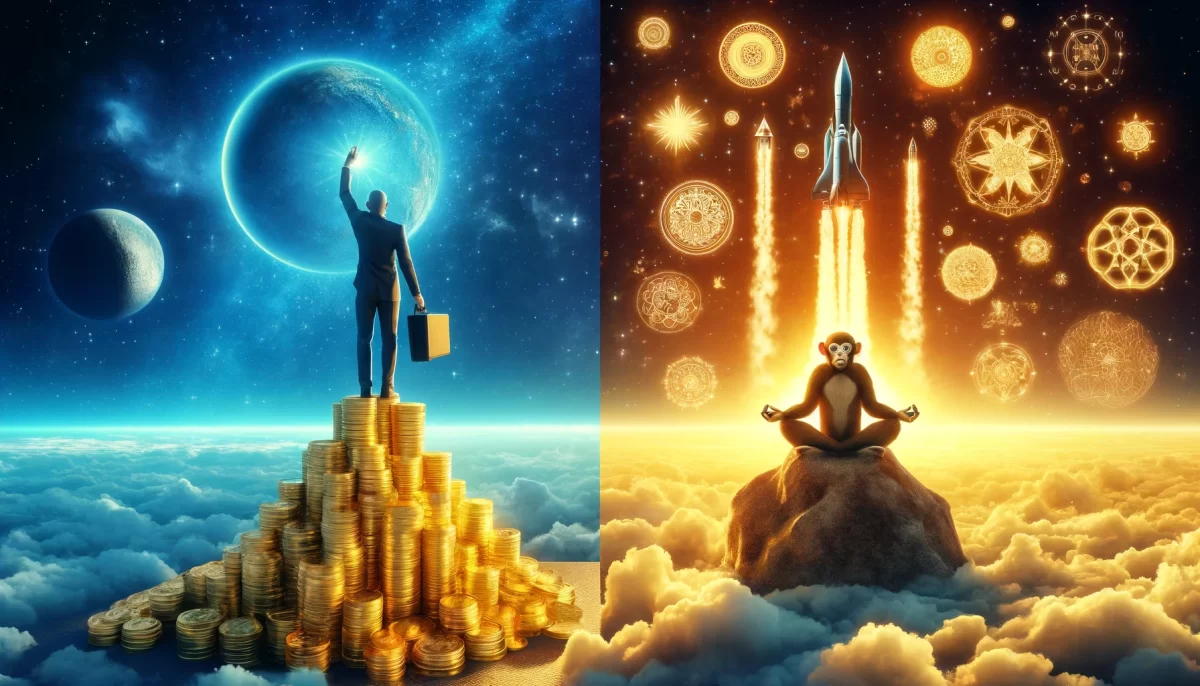

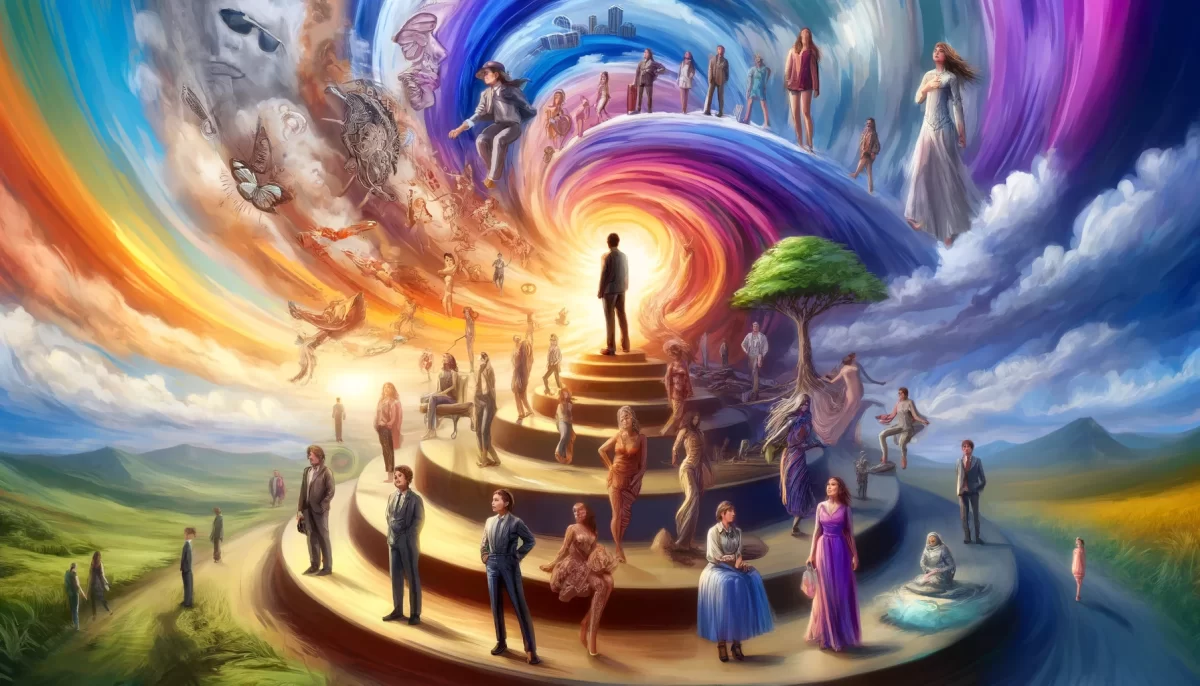
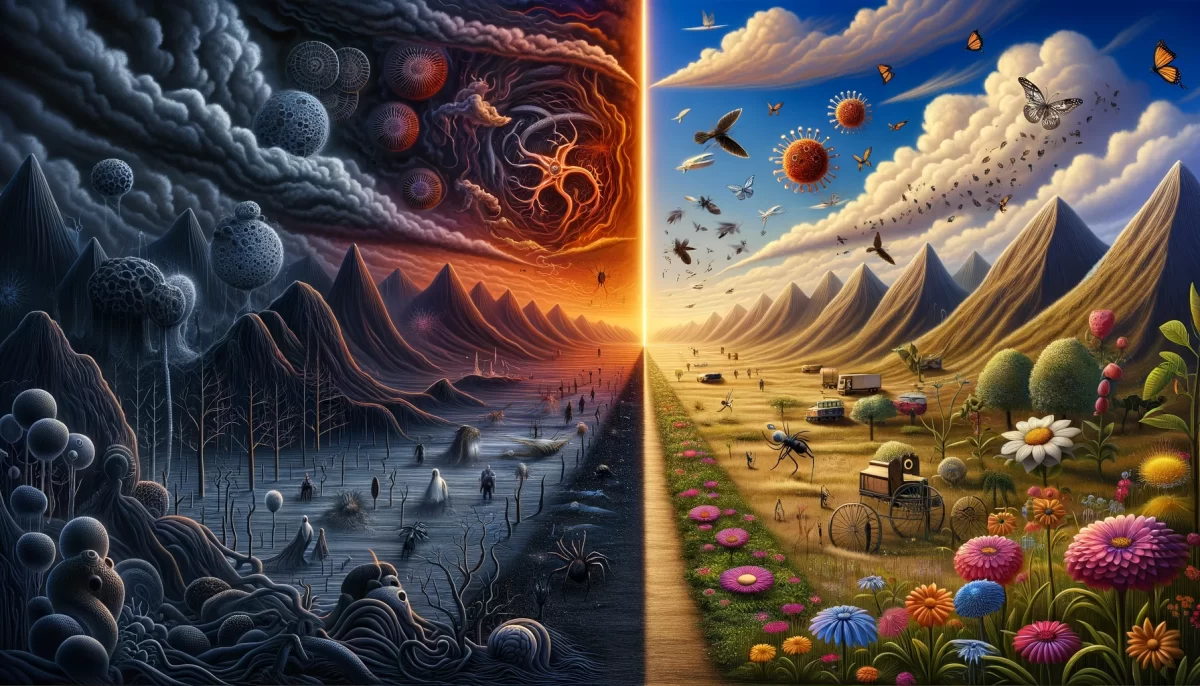
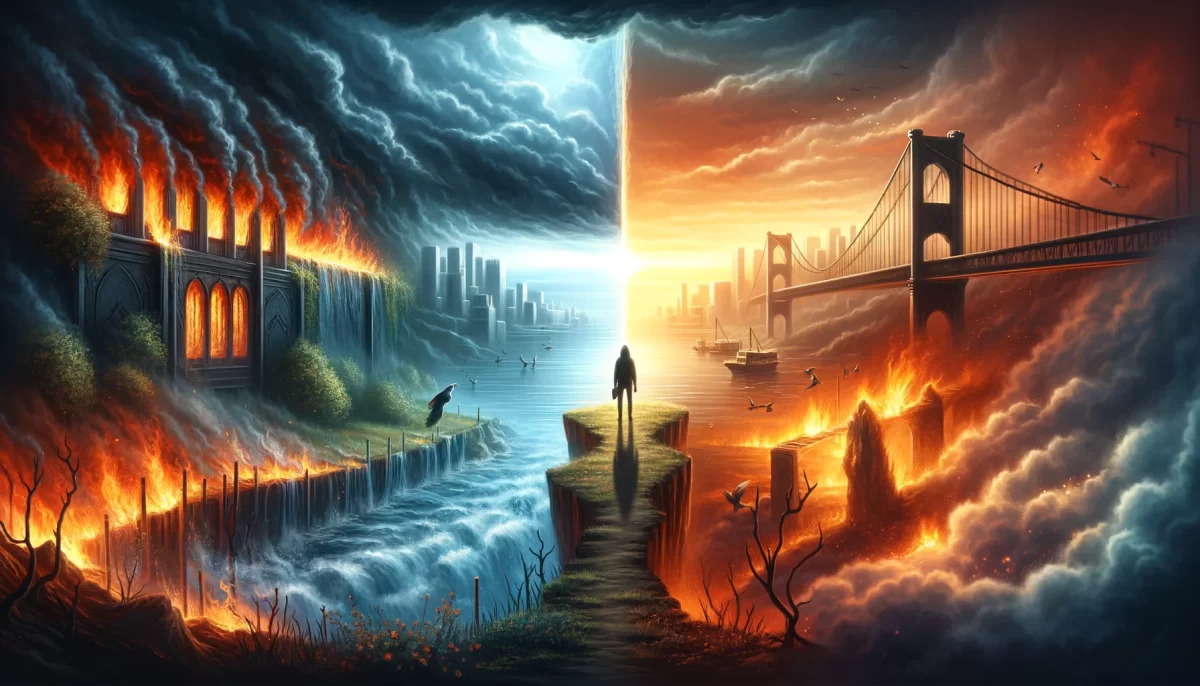
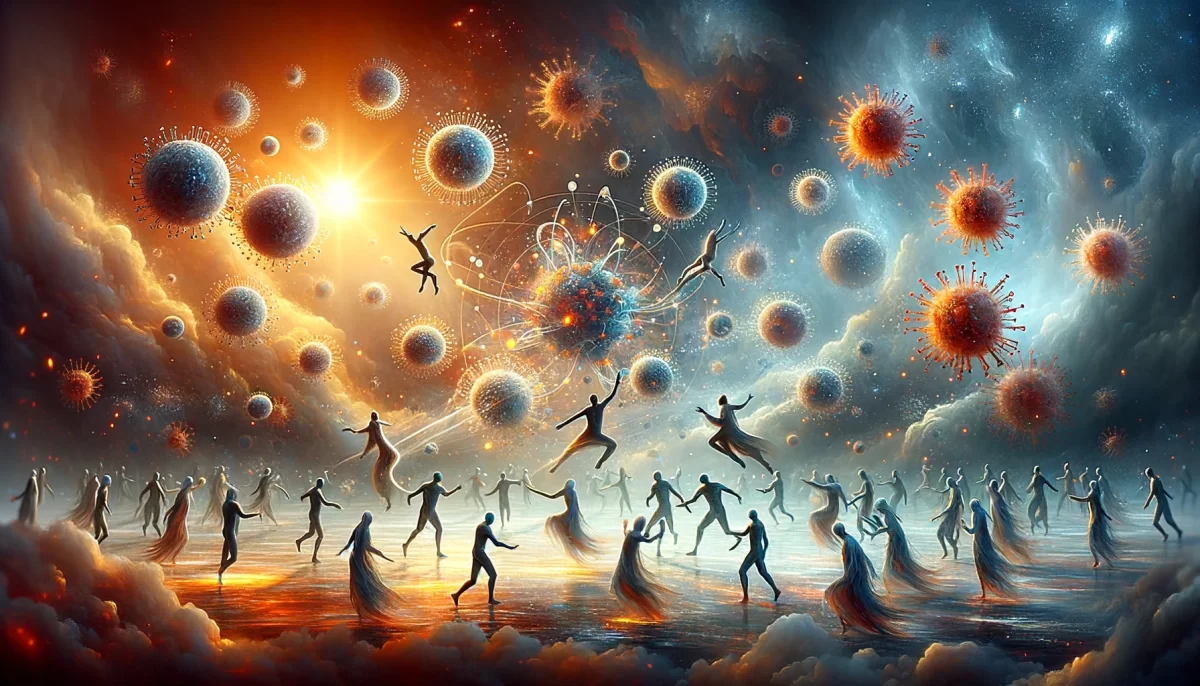
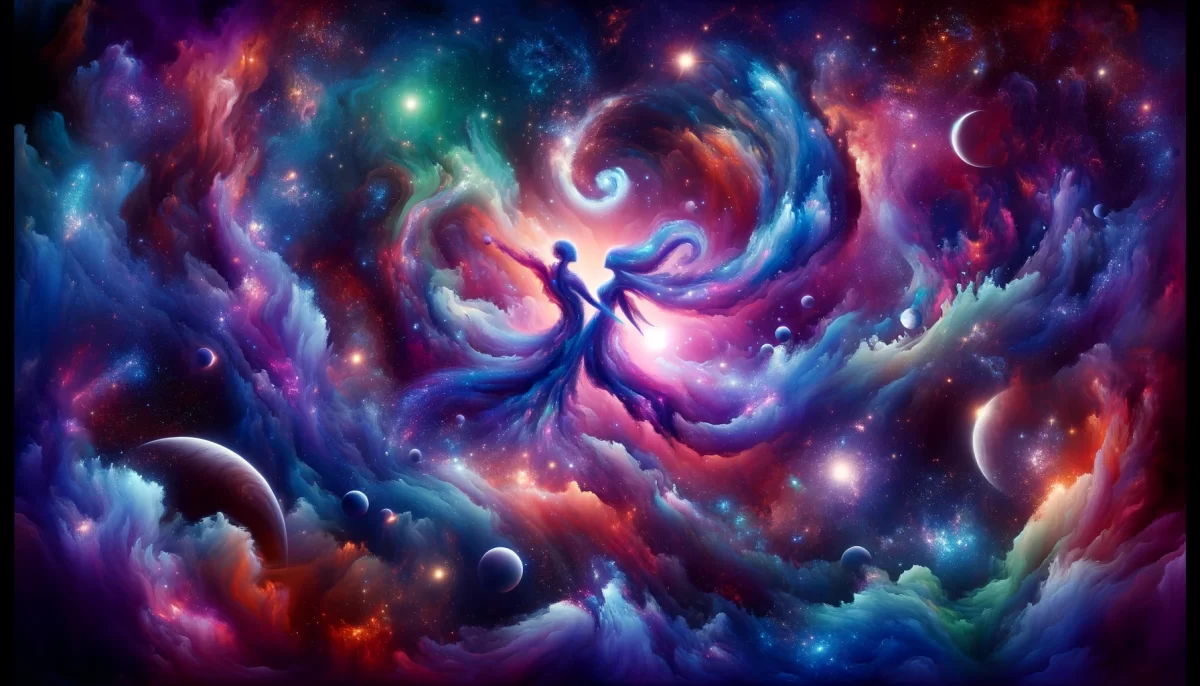
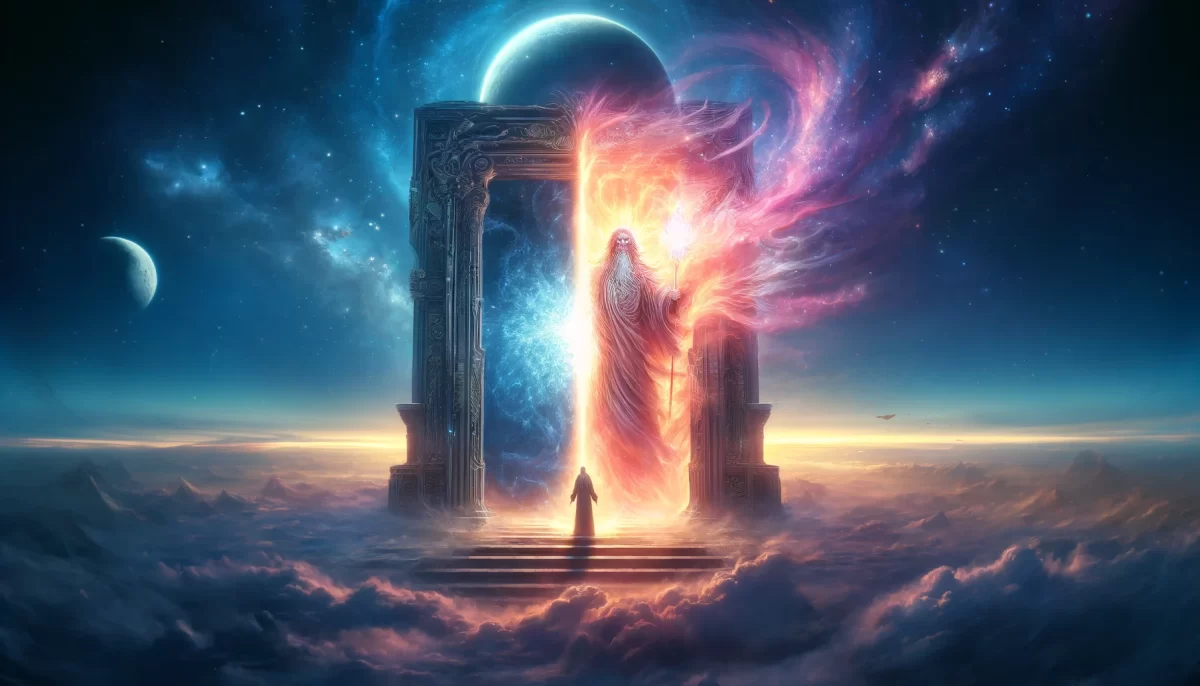
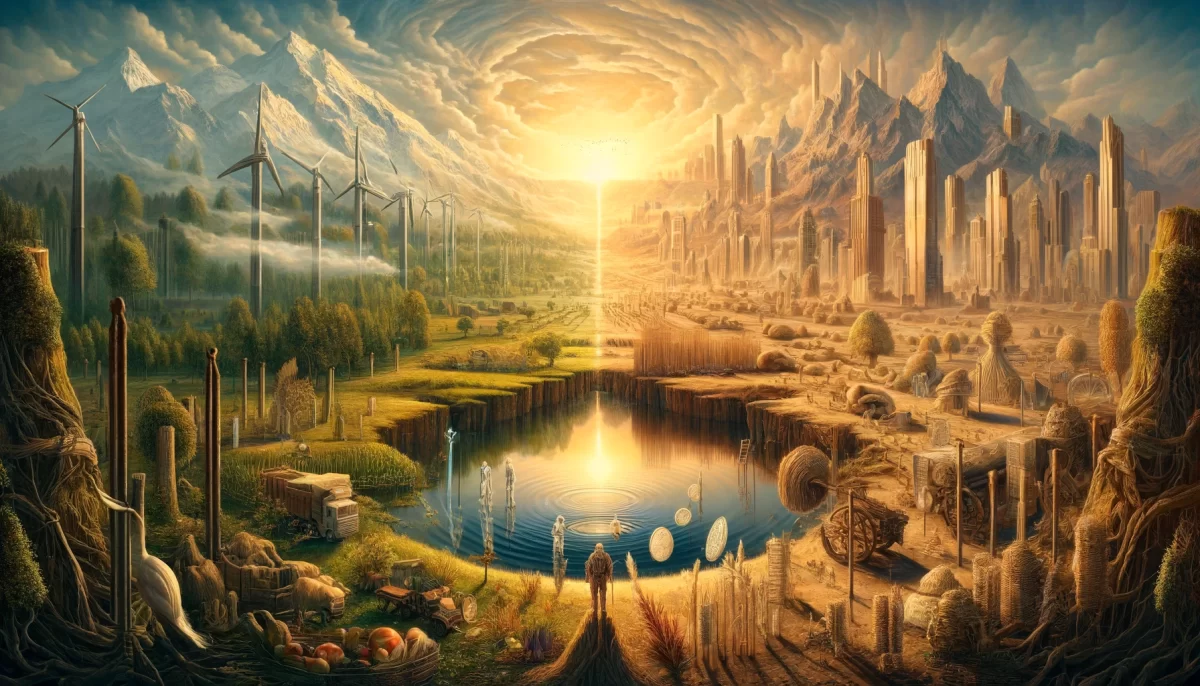
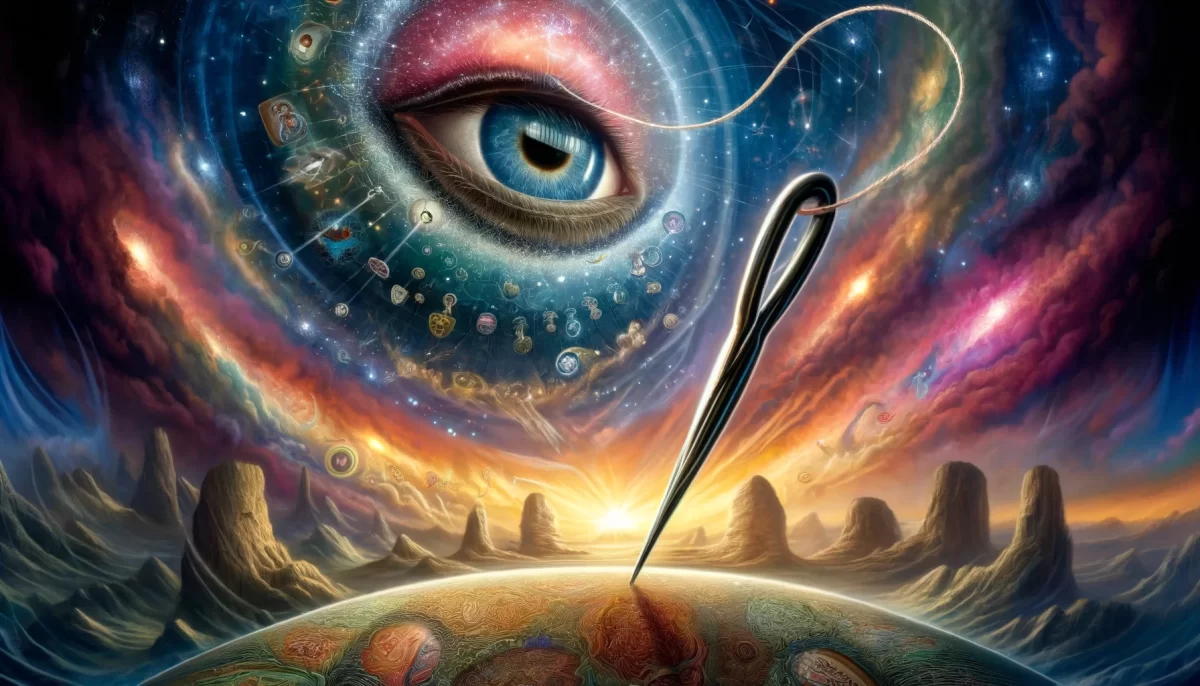
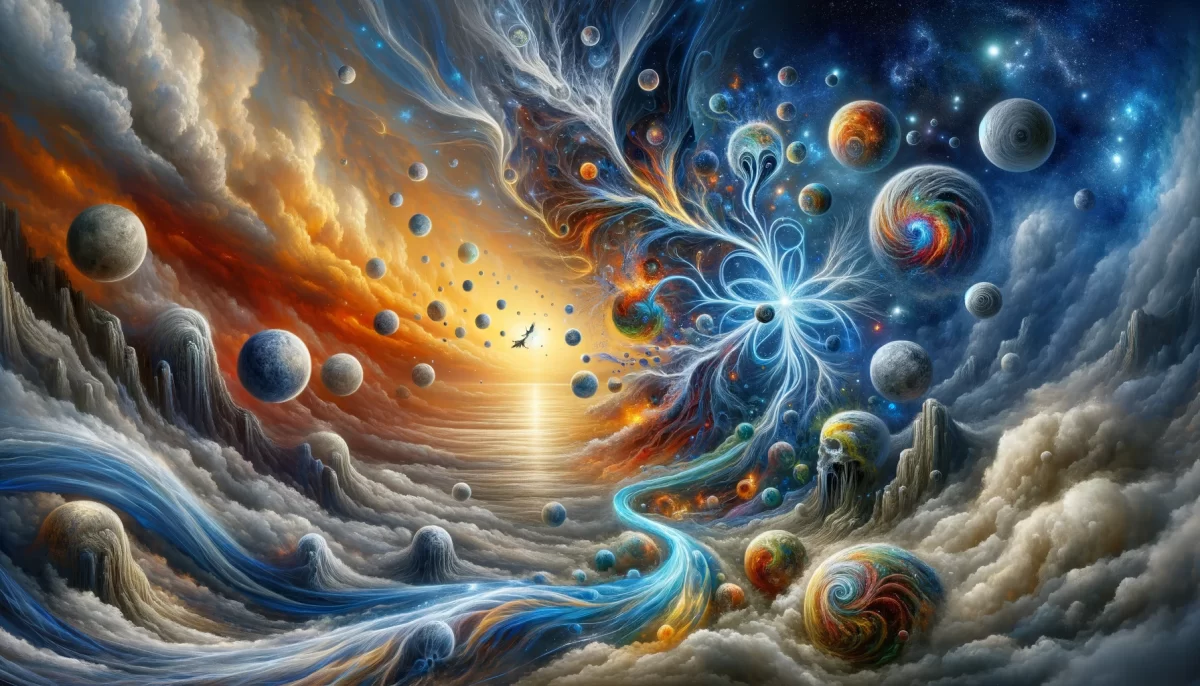
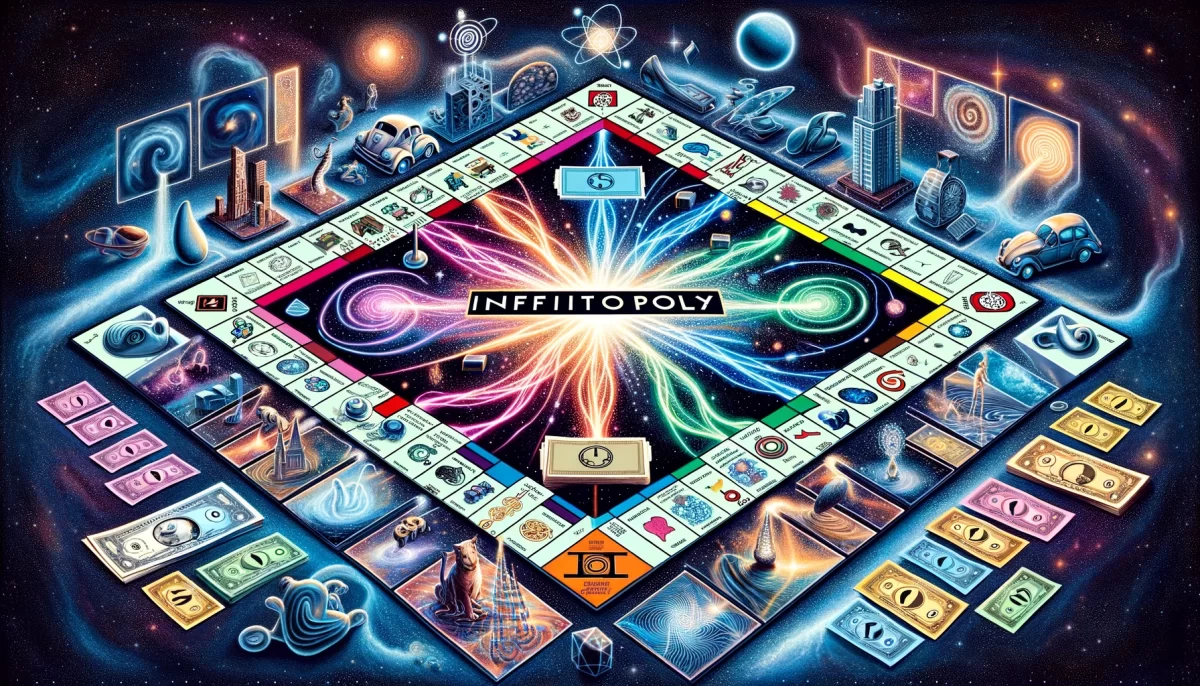

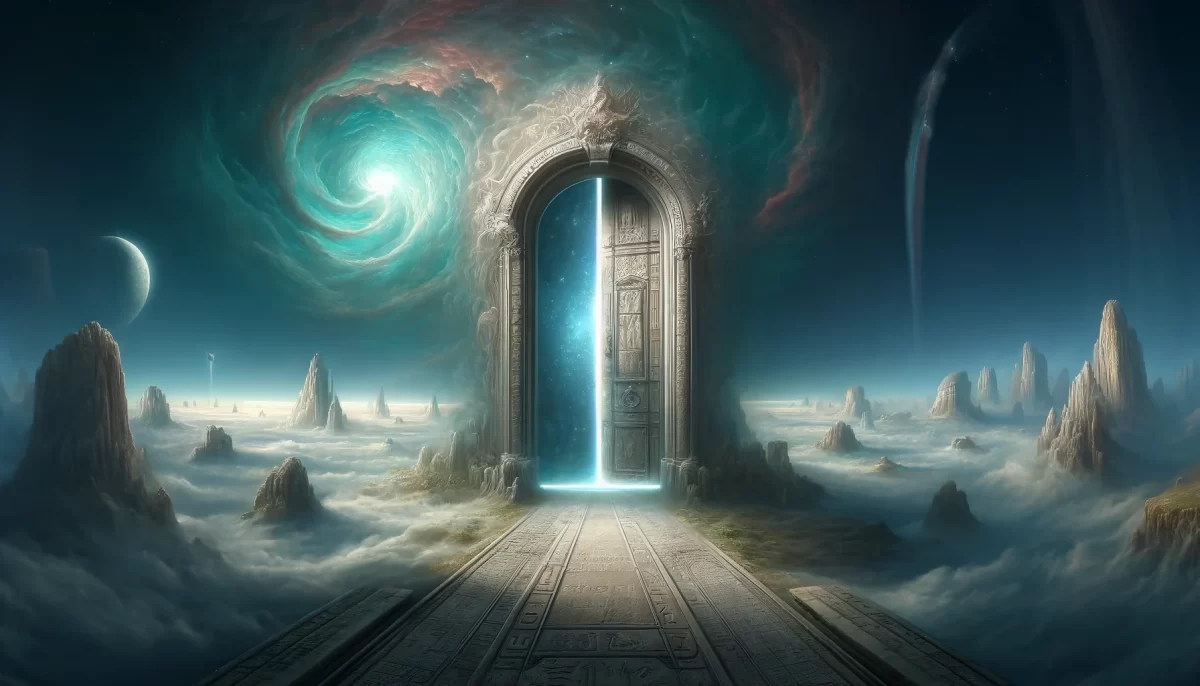
Leave a Reply